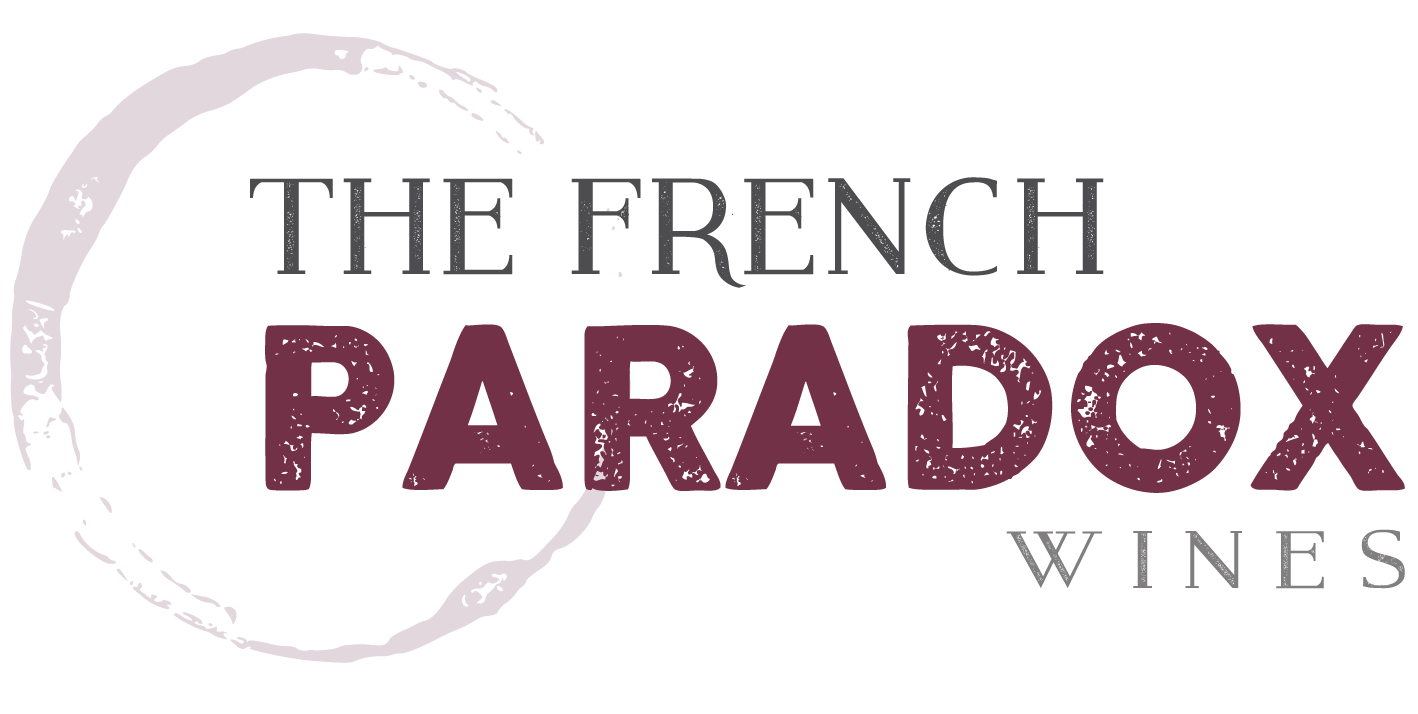One of the buzzwords that wine poseurs (critics, radio hosts, newspaper columnists, fake restaurant sommeliers and your brother-in-law) use to confuse the wine public is ‘complexity’. ‘Complexity’ in wine may or may not be a positive attribute (that is entirely dependent upon your personal likes and dislikes) but it’s nowhere nearly as ubiquitous (or necessary) as these frauds would have you believe. But to understand this requires a bit of historical context. It’s, a bit complex…(sorry, I just had to throw that in).
Anyway, grapes for wine, historically, were grown in areas that were not well suited for other agricultural products. Grape vines have shown an ability to thrive in poor, rocky soils or on steep mountain and hillsides or in cooler climates. And, whether because the climate was cooler in the past, or because, in a specific area, the weather became less hospitable in early fall, grapes were often picked earlier than they are now. Picking earlier, especially in cooler climates, leaves higher levels of acidity, which subsequently, yields wines with higher levels of acidity as well.
Wines with higher acidity levels become more ‘palatable’ (not necessarily ‘better’) over time, as the acidity softens and is melded with the other components of the wine. This is what aging does to a wine: softens the acidity, mutes the fruit flavors, dims the color. It also contributes to the development of tertiary (as opposed to primary or secondary) aromas and flavors. Tertiary flavors are those that are not directly attributable to the grape or the wine making process but rather as a consequence of deliberate oxidation, fruit development, bottle age or any combination thereof.
Still with me? Good.
Complexity could perhaps be best defined as the quality or state of not being simple’. If we then accept that the opposite of ‘complex’ is ‘simple’, then we can easily understand that ‘simple’ (one-dimensional) wines are not complex. Again, this is not a qualitative statement…simple does not mean ‘bad’ or even uninteresting. Some one-dimensional wines are delicious…and many, many fruit driven wines fall into this category. The dominance of ripe fruit and toasty oak in a wine may very well make said wine appealing. It doesn’t, however, by the very definition of the word, make the it complex.
So why do the semi-knowledgeable wine ‘connoisseurs’ keep trotting out the term? I think their lack of knowledge is at least partly responsible; they know not of which they speak (forgive the revision). The more insidious reason is that often in the world of wine, it’s less important what you know than if you can pretend to know more than others. Wine is wrongly portrayed by the poseurs as endlessly complex (its actually pretty easy to understand) because to them, pretending to know about wine is more important than wine itself. Think about the complexity of that contradiction!
